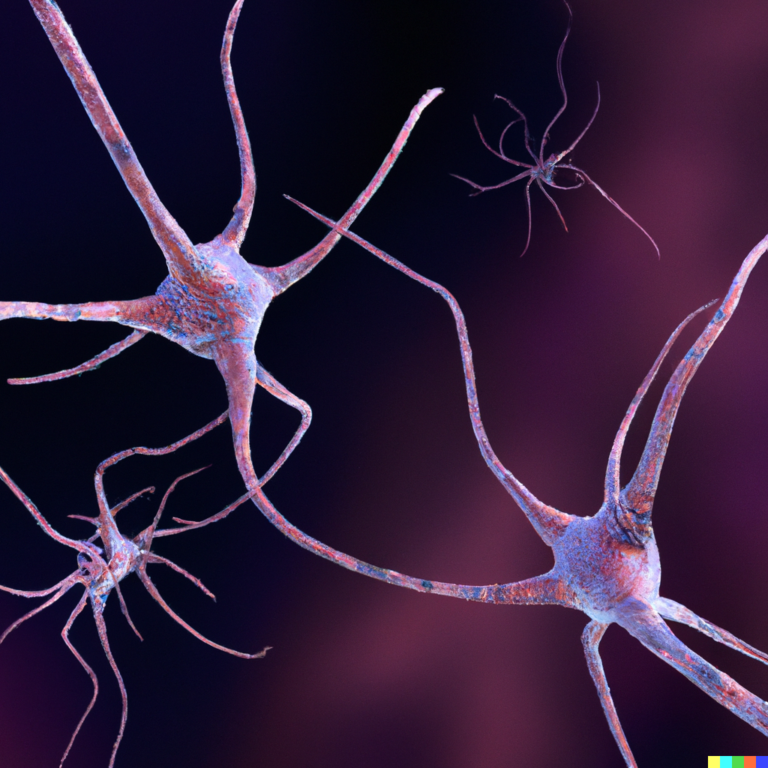### Assessing Future Directions in Personalized Alzheimer’s Medicine
Alzheimer’s disease is a complex condition that affects millions of people worldwide. While current treatments can manage symptoms, they do not address the underlying causes of the disease. The future of Alzheimer’s treatment is promising, with a growing focus on personalized medicine. Here, we explore the emerging trends and innovative approaches that could revolutionize the way we treat Alzheimer’s.
#### Personalized Medicine: Tailored Treatments
Personalized medicine involves tailoring treatments to an individual’s unique genetic profile and disease subtype. Advances in genomics and biomarker research are enabling the development of treatments that are more effective and have fewer side effects. This approach aims to enhance treatment efficacy and minimize adverse effects, paving the way for more targeted therapies.
#### Disease-Modifying Therapies
Recent trends indicate a shift towards developing disease-modifying therapies rather than just symptomatic treatments. Researchers are focusing on drugs that target the underlying pathology of Alzheimer’s, such as amyloid-beta plaques and tau tangles. These therapies aim to slow or halt disease progression, offering more substantial benefits compared to existing treatments.
#### Combination Therapies
Combination therapies are becoming a prominent trend in the Alzheimer’s drugs market. By combining existing drugs with new therapeutic agents, researchers aim to address multiple disease pathways simultaneously. This approach could potentially offer better outcomes for patients by targeting different aspects of the disease.
#### Technological Innovations
Technological innovations are transforming the way Alzheimer’s drugs are administered. New drug delivery systems, such as oral dissolvable films and advanced intranasal delivery methods, are improving patient compliance and enhancing the effectiveness of treatments. These advancements make it easier for patients to adhere to prescribed regimens, which is crucial for managing the disease effectively.
#### Focused Ultrasound: A New Direction
Focused ultrasound is a non-invasive treatment that uses ultrasound energy to treat tissue deep in the body. A recent clinical trial demonstrated the safety and efficacy of using focused ultrasound to reduce amyloid plaques and improve neuropsychiatric symptoms associated with Alzheimer’s. This technology has the potential to disrupt the course of the disease by providing a new, non-drug-based treatment option.
#### Assistive Technologies: Enhancing Daily Life
Assistive technologies (AT) are designed to support individuals with dementia in their daily activities. These technologies include virtual reality, artificial intelligence, and mobile applications. A study aimed at developing a personalized design reminder device to motivate individuals with mild dementia to engage in more physical and social activities independently. Such devices can significantly improve the quality of life for patients and caregivers.
#### Precision Neuromodulation: A New Approach
Sinaptica Therapeutics is developing a non-invasive neuromodulation system called SinaptiStim. This system uses personalized precision repetitive transcranial magnetic stimulation (TMS) targeting the Default Mode Network (DMN), which is crucial for episodic memory and introspection. The therapy is calibrated to each patient’s brain using MRI and EEG information, ensuring safe and effective treatment. Positive Phase 2 data has shown significant slowing of Alzheimer’s disease progression with no serious side effects.
#### Xenon Gas: A Potential New Therapy
Scientists are investigating xenon gas as a potential treatment for Alzheimer’s. Xenon gas inhalation has been shown to suppress neuroinflammation and reduce brain shrinkage in mouse models. A clinical trial is underway to explore its therapeutic potential in humans. This unreactive gas, commonly used in general anesthesia, may offer a new avenue for modifying microglial activity and potentially slowing cognitive decline.
In conclusion, the future of Alzheimer’s treatment is promising, with a focus on personalized medicine, disease-modifying therapies, combination treatments, technological innovations, and novel therapeutic approaches like focused ultrasound, assistive technologies, precision neuromodulation, and xenon gas. These emerging trends and innovative strategies aim to provide more effective and targeted treatments for individuals with Alzheimer’s disease.





